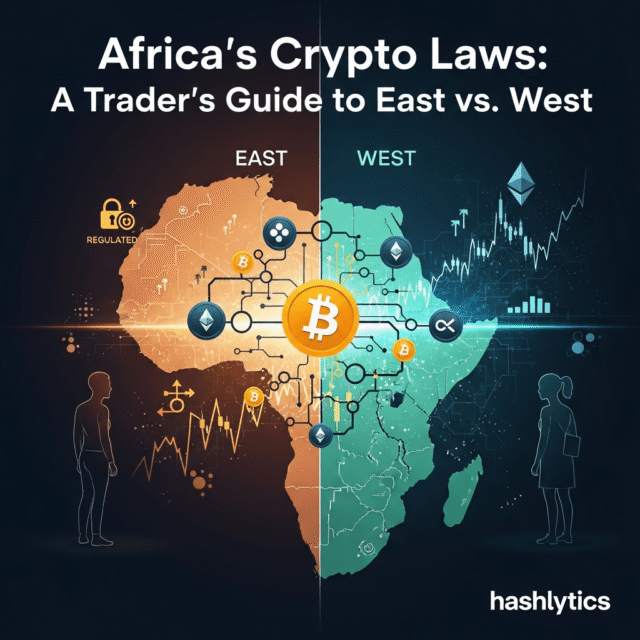Africa’s crypto landscape is rapidly evolving, demanding that traders and investors understand the distinct regulatory approaches of East and West African nations. The legal terrain varies from outright prohibitions to emerging licensing frameworks, making it crucial to navigate this patchwork quilt of progress, caution, and skepticism.
Virtual assets, fundamentally digital representations of value traded or transferred electronically, are defined differently across African jurisdictions. South Africa defines crypto assets as digital representations of value not issued by a central bank, traded or stored electronically, and secured by cryptography and distributed ledger technology. Kenya’s recent law mirrors this, excluding digital representations of fiat currencies and securities. Conversely, Malawi, Rwanda, and Uganda operate under central bank advisories and working group guidelines, lacking specific statutory definitions, creating both opportunities and risks.
While no African nation recognizes virtual assets as legal tender, with central banks warning against their use for payments (and Ethiopia outright prohibiting them), Tanzania’s court decision treating crypto transactions as taxable income suggests a shift toward functional recognition.
Regulatory approaches in East and West Africa diverge significantly. South Africa and Nigeria lead with formal regulations, while others are catching up.
West Africa: Nigeria and Ghana Blaze a Trail
Nigeria has established a comprehensive framework including the Investment and Securities Act, SEC Rules on Digital Assets Issuance, and the National Blockchain Policy. Virtual asset service providers (VASPs) must be licensed and meet minimum capital requirements.
Ghana is also progressing, with the Bank of Ghana issuing draft guidelines and mandating VASP registration. A full licensing framework is pending via the Virtual Assets Providers (VASP) Bill.
East Africa: Kenya and Beyond
Kenya’s Virtual Asset Service Providers Act introduces a licensing regime and regulatory oversight. Rwanda and Uganda are developing frameworks, while Tanzania applies AML and tax rules without a dedicated VASP regime. Ethiopia maintains its prohibition.
Navigating the licensing landscape varies greatly. South Africa, Nigeria, and Kenya require formal licenses for VASPs. Ghana currently mandates registration but not licensing. Malawi, Rwanda, and Uganda don’t require licenses, although AML obligations may apply. Physical presence requirements are generally rare, except in Nigeria. Minimum financial requirements are prescribed in South Africa and Nigeria, with Nigeria’s SEC outlining capital thresholds ranging from NGN 100-million to NGN 1-billion.
AML/CFT compliance is a consistent theme. South Africa, Nigeria, Ghana, Uganda, and Tanzania classify VASPs as accountable institutions, requiring registration with financial intelligence units and adherence to due diligence, reporting, and risk management protocols.
No African jurisdiction has enacted standalone legislation for stablecoins. South Africa, Kenya, and Nigeria include them within broader crypto asset definitions. Nigeria treats stablecoins as securities, subjecting them to SEC oversight.
Blockchain regulation is also limited. Nigeria’s National Blockchain Policy provides strategic guidance but lacks legislative force. Other jurisdictions have yet to introduce specific blockchain laws.
Africa’s regulatory landscape for virtual assets is nascent. While South Africa and Nigeria offer relatively mature frameworks, many countries are in exploratory or transitional phases. This lack of harmonization poses challenges for cross-border innovation and investment.
Regional collaboration, through platforms such as the African Union (AU), the Southern African Development Community (SADC), or the Common Market of Eastern and Southern Africa (COMESA), could facilitate the development of unified standards, promote financial inclusion, and support responsible innovation.
As virtual assets gain traction, African regulators must balance financial stability with technological progress. The future of crypto in Africa depends on agility, cooperation, and a shared vision for the continent’s digital future.





